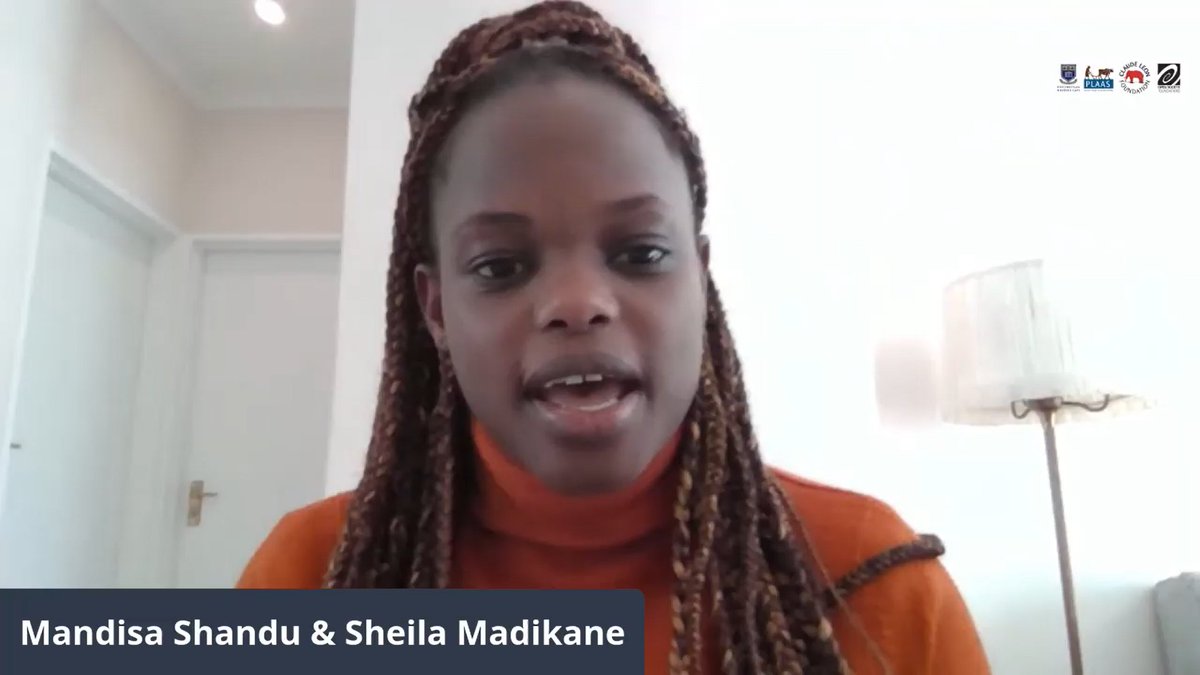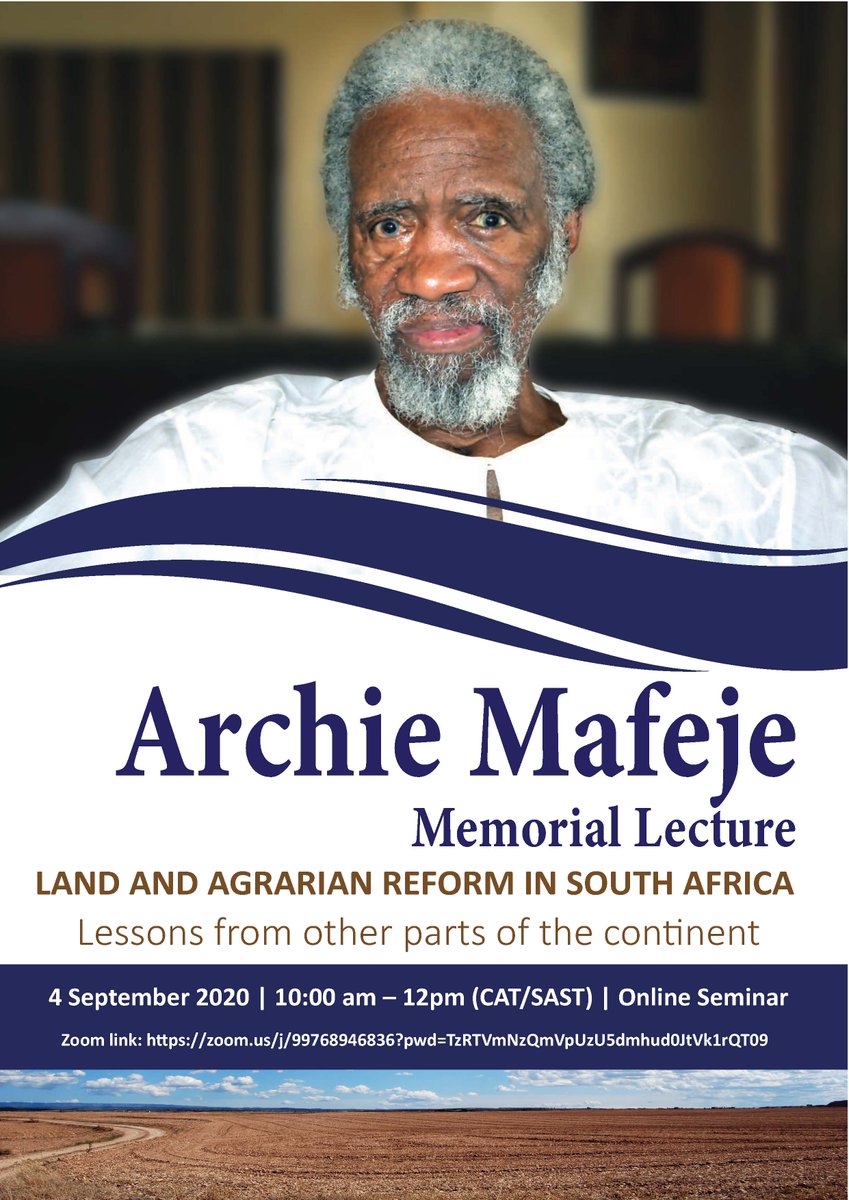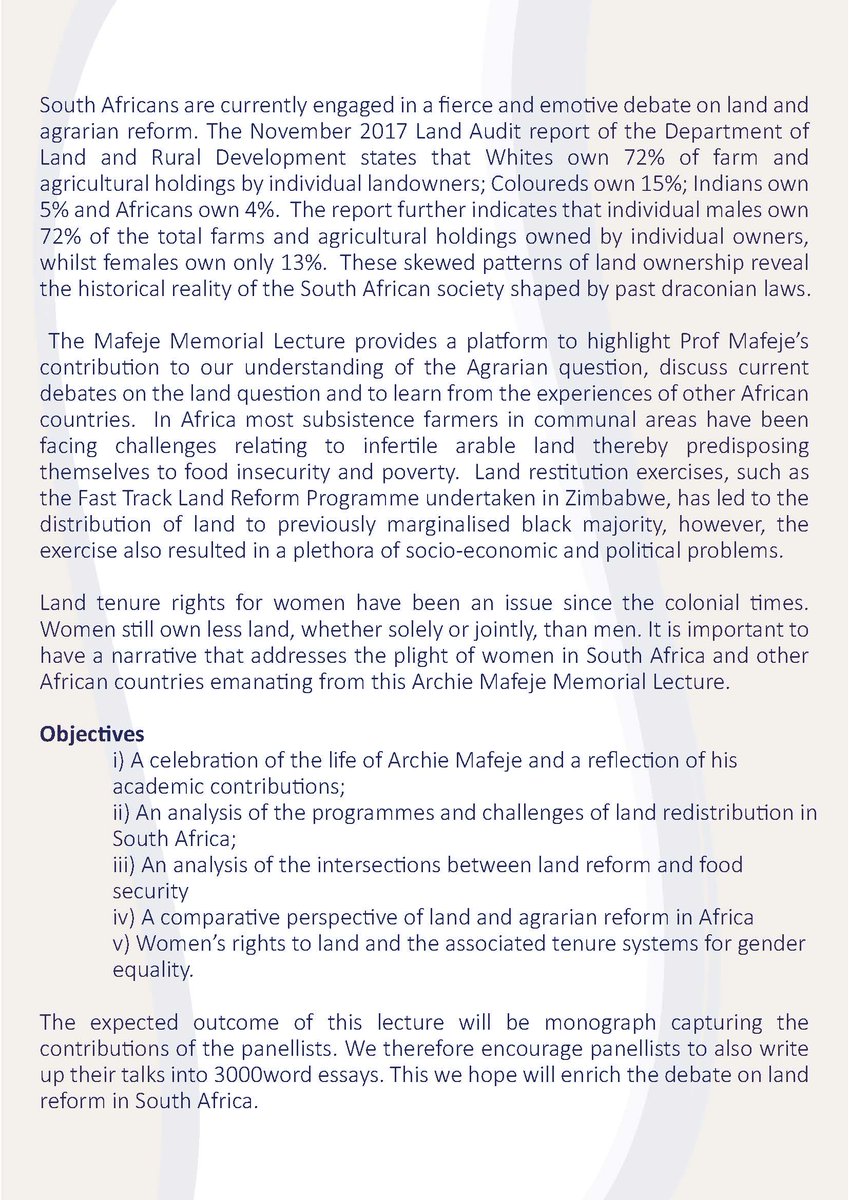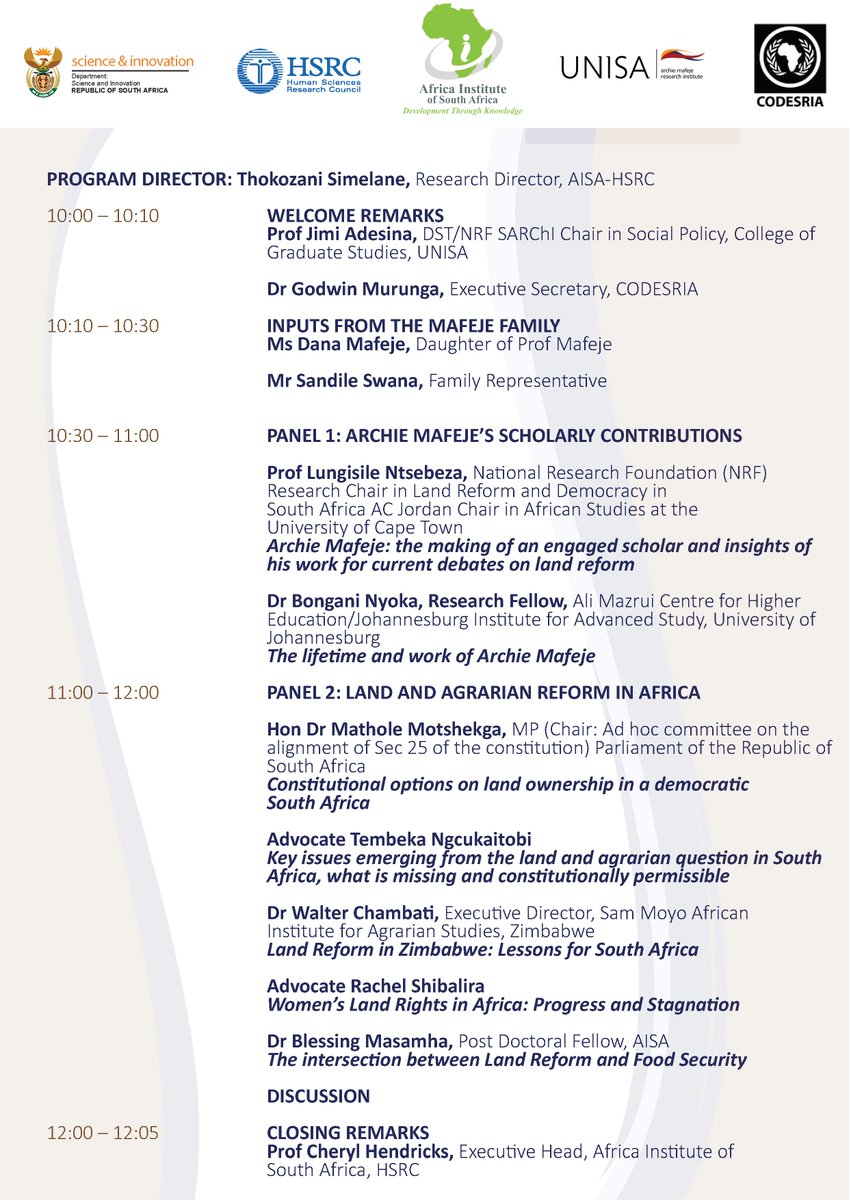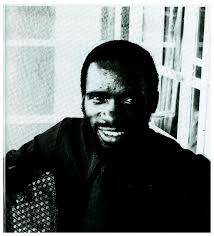
Media briefing underway now on Interministerial Committee on Land Reform. Minister @ThokoDidiza speaking now about land expropriation #landreform twitter.com/GovernmentZA
Minister @PatriciaDeLille announces that the revised Expropriation Bill was submitted to Parliament on Friday. The State Law Advisor has certified it as constitutional. It is now gazetted. Parliament will now scrutinise the Bill #landreform
In my view the Expropriation Bill is a well crafted law that brings our old expropriation framework from 1975 in line with the Constitution of 1996. Compensation will be provided where it is 'just & equitable' to do so, and not where it's not. Assess each case but move ahead.
@PatriciaDeLille correctly observes that our Constitution already provides for expropriation, just like most democracies where the state has powers of eminent domain. Our Presidential Panel on land reform pushed to confirm that #landreform & transformation must be expedited.
I really hope this media briefing isn't restricted to the Expropriation Bill. Govt has always been allowed to expropriate. Our Presidential Panel had other far-reaching recommendations that have not been acted upon for the past year.
It's good to hear @PatriciaDeLille confirm that when property is expropriated, the rights of people other than the owner also have to be addressed - including farm workers or tenants, for instance. They are also holders of rights that are affected. Most people ignore this fact.
Compensation is to be confirmed by the courts. There will be cases where no compensation is to be paid. But this will not be a blanket rule. So says @PatriciaDeLille. Let's be clear: this is not nationalisation. It's an extremely moderate position on expropriation by @MYANC govt.
Q: If Expropriation Bill is already constitutional, why amend Section 25 of the Constitution? (question from @BDliveSA)
A: @MYANC wants to amend Constitution to confirm what is already there, to diffuse @EFFSouthAfrica calls for EWC as nationalisation.
A: @MYANC wants to amend Constitution to confirm what is already there, to diffuse @EFFSouthAfrica calls for EWC as nationalisation.
In my view, getting the Expropriation Bill promulgated is a priority - but it's not a silver bullet, it's a mechanism to be used. It's up to govt to decide to expropriate! Let's see some stuck land claims moving forward, for a start. #landreform
The Presidential Advisory Panel on #landreform & Agriculture that I sat on delivered our report to Cabinet in July 2019, well over a year ago. I'd hoped to hear more substance in this media briefing. It only deals with Expropriation Bill. What of the rest of our recommendations?
The Inter-Ministerial Committee on #LandReform has been in operation for 2 years now, chaired by deputy president @DDMabuza, with 8 ministers. They are meant to respond to all the recommendations in our Presidential Panel report. This needs follow-up.
gov.za/documents/fina…
gov.za/documents/fina…
Here's today's press release on #landreform from the interministerial committee - it only deals with one of the many recommendations of the Presidential Panel, which is to fix our expropriation law. publicworks.gov.za/PDFs/Press%20R…
For instance, we recommended a Compensation Policy to confirm when compensation is to be paid, when not, how much and how this is determined. This should be attached as regulations to the Expropriation Bill. Don't just wait for the courts. What news on that?
I will be speaking now with @AnlieHattingh on @eNCA (channel 403) to discuss reactions to the briefing on #landreform and expropriation.
Last point: it now seems that courts are to determine conpensation in each case. In my view, this is a mistake. Expropriation and compensation should be administrative functions, as is already the case, and only referred to courts for disputes. It's a recipe for delays.
There has been a tussle inside @MYANC on this question of whether Minister or courts determine compensation. It's clear who won.
Our Presidential Panel made 31 recommendations. The Expropriation Bill was just one. The interministerial committee should account to the public about what it's doing about the rest. Let's have a full reportback with an action plan and timelines. @DDMabuza @ThokoDidiza
@threadreaderapp unroll
• • •
Missing some Tweet in this thread? You can try to
force a refresh




